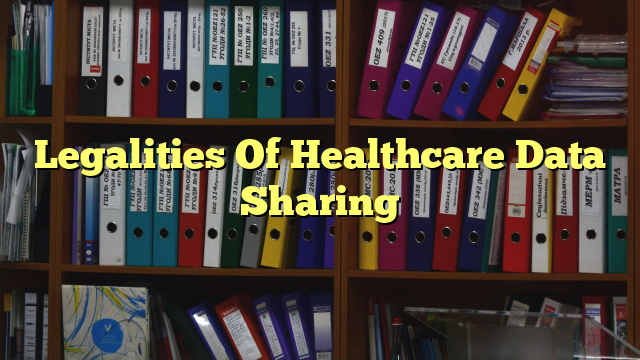Table of Contents
When can a healthcare provider legally share patient information?
In general, a healthcare provider can legally share patient information in certain situations:
- With the patient’s written consent
- For treatment purposes
- For payment and healthcare operations
- When required by law
- For public health activities
- For research purposes (with appropriate safeguards)
Is sharing medical information a HIPAA violation?
Sharing medical information can be a HIPAA violation if it is done without the patient’s consent or in a manner that does not comply with the HIPAA Privacy Rule. The Privacy Rule sets standards for the protection of individually identifiable health information and outlines the circumstances under which it can be shared.
What is the hospital data sharing policy?
Each hospital may have its own data sharing policy, but it generally follows the guidelines set by HIPAA. The policy outlines how patient information should be handled, who can access it, and under what circumstances it can be shared. It also includes measures to ensure the security and privacy of the data.
Is an individual’s healthcare information protected from being shared?
Yes, an individual’s healthcare information is protected from being shared without their consent or in violation of the HIPAA Privacy Rule. The Privacy Rule gives individuals control over their health information and sets limits on its use and disclosure. Healthcare providers and organizations must obtain the patient’s consent or follow the allowed exceptions before sharing their information.

